Blood:发现急性移植物抗宿主病新的治疗靶点
2012-05-24 Deepblue 生物谷
近日,来自美国俄亥俄州立大学的研究人员发现,microRNA-155能够调节急性移植物抗宿主病(aGVHD),相关研究成果于5月17日发表在Blood上。 目前,急性移植物抗宿主病(aGVHD)仍然是同种异体造血干细胞移植(alloHSCT)的一个主要的并发症,因此,进一步阐明该机制以及发展新的治疗方法具有重要意义。研究人员发现,在T细胞激活期间,microRNA-155 (miR-155)表现

近日,来自美国俄亥俄州立大学的研究人员发现,microRNA-155能够调节急性移植物抗宿主病(aGVHD),相关研究成果于5月17日发表在Blood上。
目前,急性移植物抗宿主病(aGVHD)仍然是同种异体造血干细胞移植(alloHSCT)的一个主要的并发症,因此,进一步阐明该机制以及发展新的治疗方法具有重要意义。研究人员发现,在T细胞激活期间,microRNA-155 (miR-155)表现为表达水平上调,为此他们猜测,miR-155可能与aGVHD的调节有关。
他们发现,老鼠在同种异体造血干细胞移植获得了aGVHD后,其T细胞中miR-155的表达上调。当小鼠接受的是miR-155缺陷的供体淋巴细胞时,结果发现aGVHD的致死性显著下降;然而,将miR-155过表达的T细胞异体移植到小鼠后,致死的aGVHD迅速发展。
利用合成的抗miR-155阻遏miR-155的表达,能够降低alloHSCT引起的aGVHD的严重程度,延长小鼠的寿命。最后,miR-155表达上调也被发现在肠道急性移植物抗宿主病患者的组织标本中。
Parvathi Ranganathan表示,该研究阐明了miR-155调节GVHD的机制,而miR-155能够成为一个新的靶点来治疗该疾病。(生物谷Deepblue编译)

doi: 10.1182/blood-2011-10-387522
PMC:
PMID:
Regulation of acute graft-versus-host disease by microRNA-155
Parvathi Ranganathan*, Catherine E. A. Heaphy*, Stefan Costinean*, Nicole Stauffer, Caroline Na, Mehdi Hamadani, Ramasamy Santhanam, Charlene Mao, Patricia A. Taylor, Sukhinder Sandhu, Gang He, Arwa Shana'ah, Gerard J. Nuovo, Alessandro Lagana, Luciano Cascione, Susanna Obad, Oliver Broom, Sakari Kauppinen, John C. Byrd, Michael Caligiuri, Danilo Perrotti, Gregg A. Hadley, Guido Marcucci, Steven M. Devine, Bruce R. Blazar, Carlo M. Croce, and Ramiro Garzon.
Acute graft-versus-host disease (aGVHD) remains a major complication of allogeneic hematopoietic stem cell transplant (alloHSCT), underscoring the need to further elucidate its mechanisms and develop novel treatments.Based on recent observations that microRNA-155 (miR-155) is up-regulated during T-cell activation, we hypothesized that miR-155 is involved in the modulation of aGVHD.Here we show that miR-155 expression was up-regulated in T cells from mice developing aGVHD after alloHSCT. Mice receiving miR-155–deficient donor lymphocytes had markedly reduced lethal aGVHD, whereas lethal aGVHD developed rapidly in mice recipients of miR-155 overexpressing T cells.Blocking miR-155 expression using a synthetic anti–miR-155 after alloHSCT decreased aGVHD severity and prolonged survival in mice. Finally, miR-155 up-regulation was shown in specimens from patients with pathologic evidence of intestinal aGVHD.Altogether, our data indicate a role for miR-155 in the regulation of GVHD and point to miR-155 as a novel target for therapeutic intervention in this disease..
本网站所有内容来源注明为“梅斯医学”或“MedSci原创”的文字、图片和音视频资料,版权均属于梅斯医学所有。非经授权,任何媒体、网站或个人不得转载,授权转载时须注明来源为“梅斯医学”。其它来源的文章系转载文章,或“梅斯号”自媒体发布的文章,仅系出于传递更多信息之目的,本站仅负责审核内容合规,其内容不代表本站立场,本站不负责内容的准确性和版权。如果存在侵权、或不希望被转载的媒体或个人可与我们联系,我们将立即进行删除处理。
在此留言
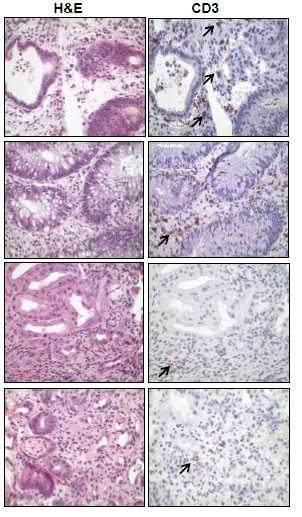



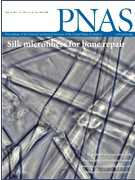
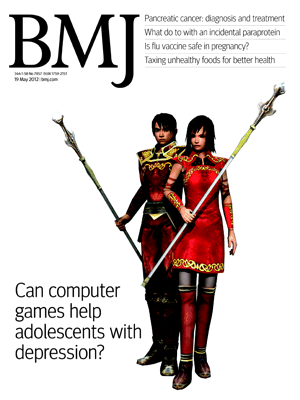

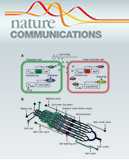
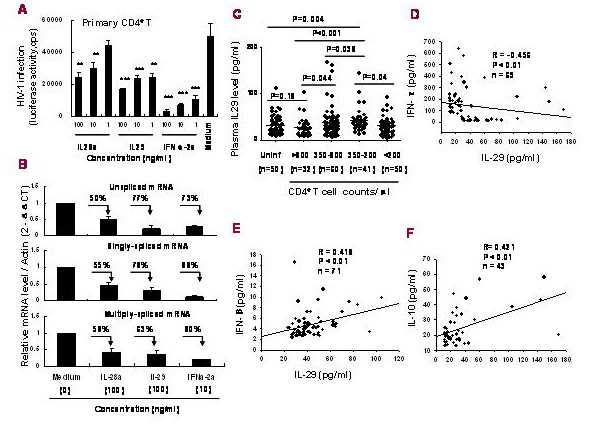





#植物#
59
#治疗靶点#
70
#宿主#
0
#移植物抗宿主病#
55
#移植物#
66